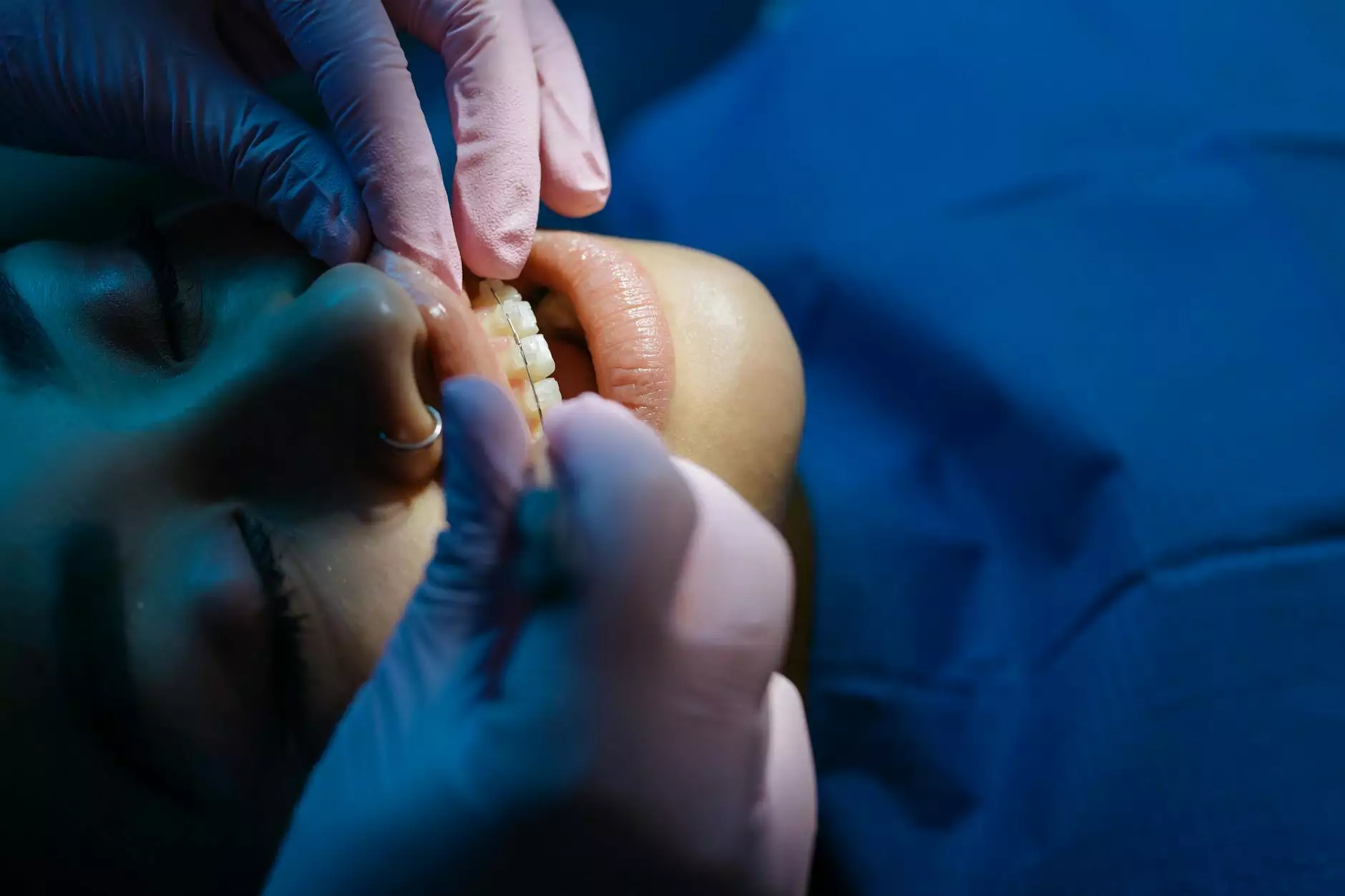Understanding Colon Cancer: Insights from a Colon Cancer Specialist

What is Colon Cancer?
Colon cancer, also known as colorectal cancer, is a malignant tumor that originates in the inner lining of the colon or rectum. It is one of the leading causes of cancer-related deaths worldwide. The symptoms can often be silent or mild, making early detection crucial for effective treatment. Understanding the nature of colon cancer is vital to combating the disease effectively.
Risk Factors Associated with Colon Cancer
Various risk factors can increase the likelihood of developing colon cancer. It’s essential to be aware of these, as they can help in taking preventive measures. Common risk factors include:
- Age: The majority of colon cancer cases occur in individuals over the age of 50.
- Family History: A family history of colon cancer can significantly raise an individual's risk.
- Poor Diet: A diet high in red and processed meats, and low in fruits and vegetables has been linked to an increased risk.
- Obesity: Being overweight can lead to various health issues, including higher cancer risks.
- Smoking: Tobacco use is linked to several cancers, including colon cancer.
- Lack of Physical Activity: Sedentary lifestyles increase the risk of developing many diseases, including cancers.
Signs and Symptoms of Colon Cancer
Identifying colon cancer in its early stages significantly increases the chances of successful treatment. Look out for these symptoms:
- Changes in Bowel Habits: Persistent changes in stool consistency, frequency, or shape.
- Unexplained Weight Loss: Losing weight without trying can be a warning sign.
- Abdominal Pain: Chronic discomfort in the abdomen should not be ignored.
- Blood in Stool: Watching for any signs of blood in the stool is crucial.
- Fatigue: Persistent fatigue or weakness can indicate an underlying problem.
Importance of Regular Screenings
Regular screenings can save lives by detecting colon cancer at an early stage. The American Cancer Society recommends the following screening guidelines:
- Individuals should begin regular screenings at age 45.
- If there is a family history of colon cancer, screenings may need to start earlier.
- Screening options include colonoscopy, sigmoidoscopy, and stool tests.
Consulting a colon cancer specialist will provide you with personalized advice about the right screening schedule for you.
Diagnosis of Colon Cancer
If a screening test indicates the possibility of colon cancer, a colon cancer specialist will recommend further diagnostic tests. These may include:
- Colonoscopy: A procedure that uses a camera to examine the colon and potentially remove tissue samples (biopsies).
- Imaging Tests: CT scans or MRI scans may be used to assess the extent of the disease.
- Blood Tests: While no blood test can definitively diagnose colon cancer, specific markers can indicate its presence.
Treatment Options for Colon Cancer
Once diagnosed, the approach to treatment will depend on the stage of cancer and the patient’s overall health. Treatment options may include:
- Surgery: Often the first line of treatment, particularly for localized cancers.
- Chemotherapy: May be used as the primary treatment or to complement surgery.
- Radiation Therapy: Sometimes used in conjunction with chemotherapy, particularly for rectal cancers.
- Targeted Therapy: Newer treatments that target specific characteristics of cancer cells.
- Immunotherapy: A type of therapy that helps your immune system fight cancer.
Discussing options with your colon cancer specialist is crucial to develop a personalized treatment plan.
Post-Treatment Recovery and Follow-Up Care
After treatment, recovery is a critical phase. Patients need to follow up regularly with their healthcare provider to monitor for any signs of recurrence. Key elements of post-treatment care include:
- Regular Follow-Ups: Scheduled visits to monitor health status.
- Nutritional Support: A balanced diet is essential for recovery.
- Psychological Support: Emotional health plays a significant role in recovery, and counseling may be beneficial.
- Exercise: Regular physical activity can enhance recovery and improve overall well-being.
Preventing Colon Cancer: Lifestyle Adjustments
While not all cases of colon cancer can be prevented, many lifestyle adjustments can significantly reduce the risk:
- Healthy Diet: Incorporating more fruits, vegetables, and whole grains while reducing red and processed meats.
- Regular Exercise: Engaging in regular physical activity helps maintain a healthy weight and reduces cancer risk.
- Avoid Tobacco and Limit Alcohol: Eliminating tobacco and moderating alcohol consumption can have a profound impact on overall cancer risk.
- Stay Hydrated: Drinking plenty of water and staying hydrated is essential for digestive health.
The Role of a Colon Cancer Specialist
A colon cancer specialist plays a vital role in both the management and treatment of colon cancer. They provide expertise in:
- Diagnosing colon cancer promptly.
- Formulating personalized treatment plans based on individual health profiles.
- Managing side effects of treatment and enhancing patient comfort.
- Providing education about disease progression and preventive measures.
- Offering emotional and psychological support throughout the treatment journey.
Conclusion
Colon cancer remains a significant health challenge, but with awareness, early detection, and the expertise of a colon cancer specialist, survival rates continue to improve. Regular screenings, lifestyle changes, and timely medical intervention can not only enhance quality of life but also transform outcomes for patients battling this disease.
If you have concerns regarding colon cancer or need a consultation, don’t hesitate to reach out to a colon cancer specialist today for professional guidance and support in your journey towards recovery and health. Your well-being is paramount, and there are resources and specialists ready to assist you in any way possible.









